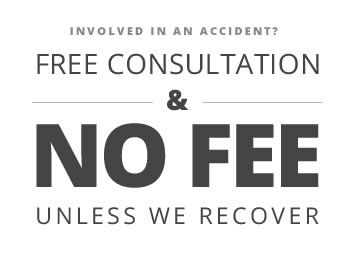Even if you do not have a legal background, you might be familiar with the so-called “one bite” rule for dog bite cases. The concept provides that the animal’s owner can be held liable for causing injuries to a victim. But only if that person was aware of the dog’s dangerous propensities. Biting a human in the past is certainly an indication of aggression, so application of the law led to the nickname. The one-bite rule is a common law principle, which means it developed out of years of court decisions instead of a statute enacted by lawmakers.
The one-bite rule was part of Maryland common law for decades, but the state now has a dog bite statute that changes the legal landscape for purposes of personal injury claims. Though a Baltimore County dog bite lawyer can provide details based upon your unique circumstances, an overview of the relevant legal issues is helpful.
Understanding State Dog Bite Laws
Maryland’s dog bite statute was enacted in 2014 to impose strict liability upon owners under certain circumstances. In the context of animal attacks, strict liability means a victim does not need to prove past bites or other instances of aggression. However, the law acts as a presumption: Owners can rebut by presenting evidence that they neither knew nor should have known of the dog’s dangerous propensities.
In addition:
- The law states that the owner is strictly liable for injuries or death caused by a dog “at large,” in which case the legal presumption will not apply. The only way the owner can escape liability is if you were trespassing, committing an act of violence, or provoking the animal.
- Maryland’s dog bite statute preserves the common law remedies for victims of dog bites and animal attacks, providing them with a fallback as described below.
Other Theories of Liability for Animal Attacks
If the owner is successful in rebutting the legal presumption regarding an aggressive dog, injured victims still have legal remedies under different liability concepts.
- Negligence: Owners have a duty to exercise reasonable care with respect to controlling the animal. The failure to do so may be a form of negligence. The key is whether the owner’s efforts coincide with what a prudent person would do to manage the dog.
- Negligence per se: A violation of laws or regulations directed at dogs might be sufficient proof under this theory of liability, without additional evidence of the owner’s actions. For instance, many municipalities in Maryland have leash laws. Failure to keep the animal properly restrained could lead to a citation. It also points toward liability in a dog bite case.
Our Maryland Personal Injury Attorney Protect Dog Bite Victims
Maryland law may provide multiple options for victims of dog bites, but the process for recovering compensation is still complicated. Instead of putting your rights at risk, trust an experienced lawyer to pursue the at-fault parties. Our team is ready to fight for your rights, so please contact attorney Michael A. Freedman right away. You can set up a free consultation by calling 410.363.6848 or visiting our website.



